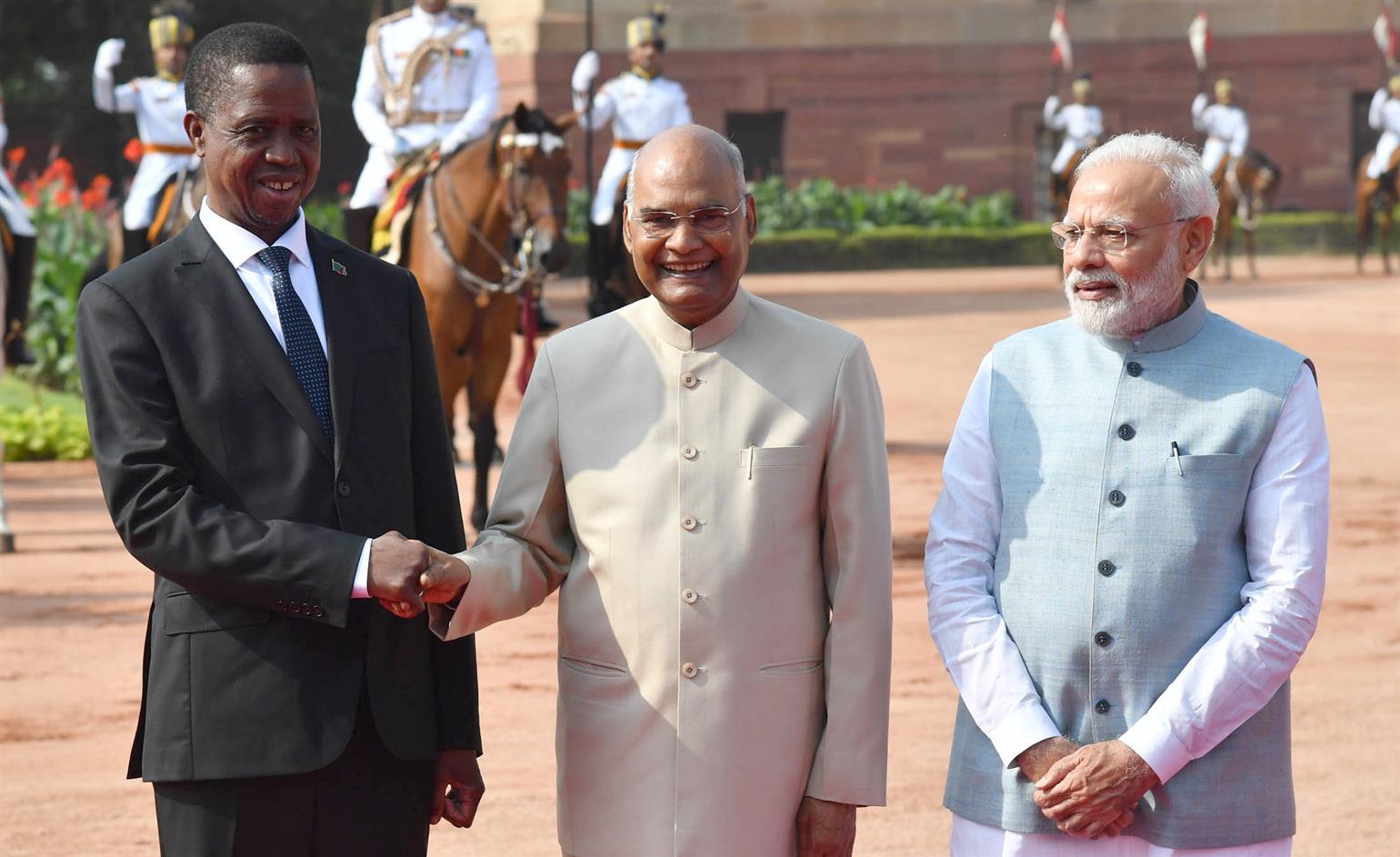
Despite taking up the matter at the highest levels, during the recent visit of Zambian President Edgar Lungu’s visit, and even India backing Vedanta group, it seems the issue of KCM between Zambian government and Anil Agarwal’s Vedanta group has not find a way out.
Zambian Mines and Minerals Development Minister Richard Musukwa, speaking on the sidelines of the 3-day state visit, said that Vedanta has extensively lost the social licence to operate in communities such as Chililabombwe and Chingola adding that the ‘marriage has irretrievably broken down’.
Mining tycoon Anil Agarwal’s Vedanta group has been doing rounds of reconciliatory meetings with Zambian government at various levels, as it is on the verge of losing the highly profitable Konkola Copper Mines (KCM), for allegedly defaulting on tax payments and violating operational licence. Zambia is Africa’s second biggest copper-producing country after Democratic Republic of Congo.
Earlier, in a statement ahead of President Lungu’s visit, Vedanta had said that its relationship with Zambia is a long-standing one, reinforcing the mutually supportive relationship between India and Zambia. Vedanta’s Chairman Anil Agarwal’s message to President Lungu during his visit was “Vedanta welcomes you to India, and thanks you for your leadership and direction as our teams work together to resolve the KCM matter.”
“I want to express my deep and humble appreciation to you, Your Excellency, for the manner in which you were willing to engage with us in Lusaka last week,” Agarwal said. He added ,”Your leadership and stature meant that we should be on track to resolve KCM’s future in a way that will benefit Zambia and the Zambian people.”
For quite some time, Anil Agarwal’s Vedanta group is trying to save their business by trying to enter into reconciliation with the government. However, the Zambian government has kept a tough stand for quite some time. Just a few months back President Edgar Lungu had said that the government is resolved and determined to part ways with Vedanta group of companies who are currently running Konkola Copper Mines (KCM). “Zambians wanted Vedanta out of the Copperbelt, out of this country. The Zambians people have decided that they want a responsible investor,” President had said during his visit to Ndola.
Meanwhile, Indian government continues to put its weight behind Vedanta. Recently, during the State Visit of Lungu, V. Muraleedharan, Minister of State for External Affairs, hoped that the stand-off between the Zambian Government and Vedanta will be resolved soon.
However, it seems the Zambian government has further toughened its stand on the issue. Mines and Minerals Development Minister Richard Musukwa said that Zambian government has reiterated that the debacle about Konkola Copper Mines (KCM) is a subject of the court process. “As a government of laws we are inclined to allow the due process of the law to take its course.” He however says Government is willing to listen to any progressive talks that structures a user friendly exit mode for Vedanta.
Musukwa said the decision to liquidate KCM was premised on securing the company from total collapse and protecting the jobs of the people because Vedanta had in principle walked away owing to the negligence as evidenced by its inability to exploit and develop its primary sources of its ore materials and payment of contractors and suppliers and other obligations.
The Cabinet Minister said government is determined once the court processes are concluded to urgently secure a credible investor in an open and transparent manner. “A new investor should have the capacity to inject fresh capital to operationalise the KDMP project and both underground and upper orebody resources which are believed to have huge life line which will in turn provide job security.” He added, “The investors should lead to the transformation of the host communities in terms of infrastructure such as roads, health and education.”


